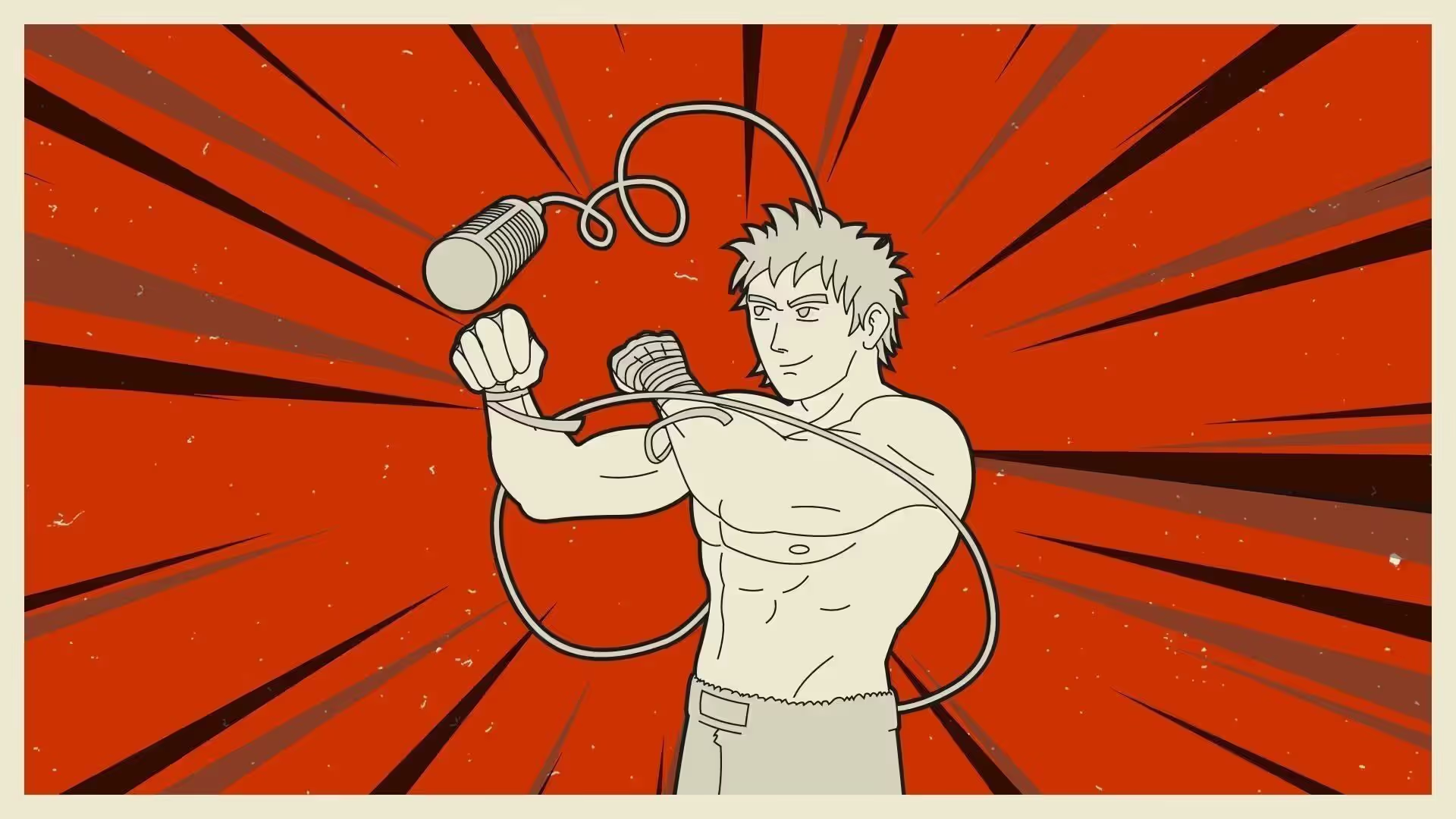Speaking from my perspective as a Dutch citizen, it's been unmistakable to notice the diminishing appeal of karate the past two decades or so, while first kickboxing and later mixed martial arts have been ascending. I know because of recent research conducted by the Dutch Martial Arts Authority that there should be a surge in popularity in The Netherlands of martial arts in general, with about 3% of the nation's population practicing some form of martial arts, though in practice all these welcome newcomers into the world of martial arts don't particularly seem to land at gyms offering "traditional" martial arts.
The effects of this changing world can be observed at my own dojo, where over the years slowly but surely the number of members has been decreasing. We are a positive bunch so we still work hard during training and strive to improve ourselves every time, though more often than we'd like the training hall is a bit too empty for comfort, and even a bit silent. It takes a very positive attitude to push that emptiness away, and to keep showing up for training week in and week out.
To tell a bit more about myself, almost 22 years ago when I was just sixteen years old I've received my first degree black belt: shodan. Most of society even outside the martial arts scene considers this a high achievement and to be honest it's indeed something I'm still very proud of. It's one of those things that defines me as a person. It also took a lot of hard work and studying. At the same time, in karate as is the case with many other originally Japanse martial arts, it's customary to continue with advancing one's "career" and pick up additional black belt degrees according to the dan ranking system: nidan, sandan, yondan, godan...

Sparring is about pushing your own boundaries, while at the same time respecting those of your opponent.
Considering my age, I could have progressed to at least sandan by now, at which point it's also customary to ascend to become a sensei, meaning a martial arts teacher. Though on the contrary, I'm still a shodan, and very much still a student (though I do assist during trainings now as senpai). The reason for this is that around the time I got my black belt, I also discovered the brilliance and freedom of (hard) sparring. There's in my opinion no better way to get to know yourself and your opponent than engaging in an elaborate game of wits, speed, strength, stamina, control, creativity and so much more. To the untrained eye, two people landing strikes on each other, seemingly only intent on hurting each other, are missing the whole point of the exercise. Sparring is about pushing your own boundaries, while at the same time respecting those of your opponent. Ultimately, it's incredibly human and very rewarding, for people of any age, gender or level of physical fitness. When done right with the proper amount of respect, it's even a joyous thing.
To sum it up, sparring is addictive, like a drug. In optima forma, competition fighting is even more addictive because it really pushes you to the edge of your limits. At the same time, this is where things can become dangerous. Even for well-trained individuals, full contact combat sports carry a lot of risk. You don't just face potential pain or injury, it can lead to permanent disabilities or worse. Still, the question becomes here: how does this inherent danger compare to that present in any other sport? It's apparent martial arts in general and especially in its combat sports form, suffers from a very negative perception in society. On top of that, and this is not often literally spoken out loud in a serious manner, there's also a lot of fear. Martial artists themselves are often seen as aggressive and dangerous, of low moral quality. As a reserved, sometimes introvert person, I always feel the need to explain why I practice martial arts, and that it's in fact a very controlled and respectful endeavor.
Ironically, "inside" the full-contact martial arts scene, I very frequently have to explain why I've only ever participated in point-contact competition fighting, while my traditional training is full-contact, without safety equipment even, besides a mouth guard and a jockstrap. The reason for this is simple really. I enjoy sparring but I don't want to hurt people. It's the same reason I don't kill insects, nor do I eat meat. I suppose I respect life and health a bit too much to engage in activities that could permanently injury others, even before I consider the risk to myself. This mentality disqualifies me for a life in the ring, searching for glory. And that's why I'm glad that respectful sparring exists, where you can still push your limits, still experience a certain amount of risk, but at the end of the training, you and your training partners go home unharmed. Okay, there may be the occasional bruise or sore spot, but that's the kind of stuff that doesn't kill you but makes you stronger!
As for the connection between karate and kickboxing, I see it expressed in the similar attitude embodied by my sparring partners at the kickboxing gym where I've been training since a few months. With kickboxing and other martial arts I'm sure, there exists the same degree of respect and the same continuous strive for perfection that I know deeply from karate. To keep improving one self and not just train your body but also your mind. To keep pushing boundaries as there's no limit. In the end, the only true opponent to face is yourself. Osu!



















